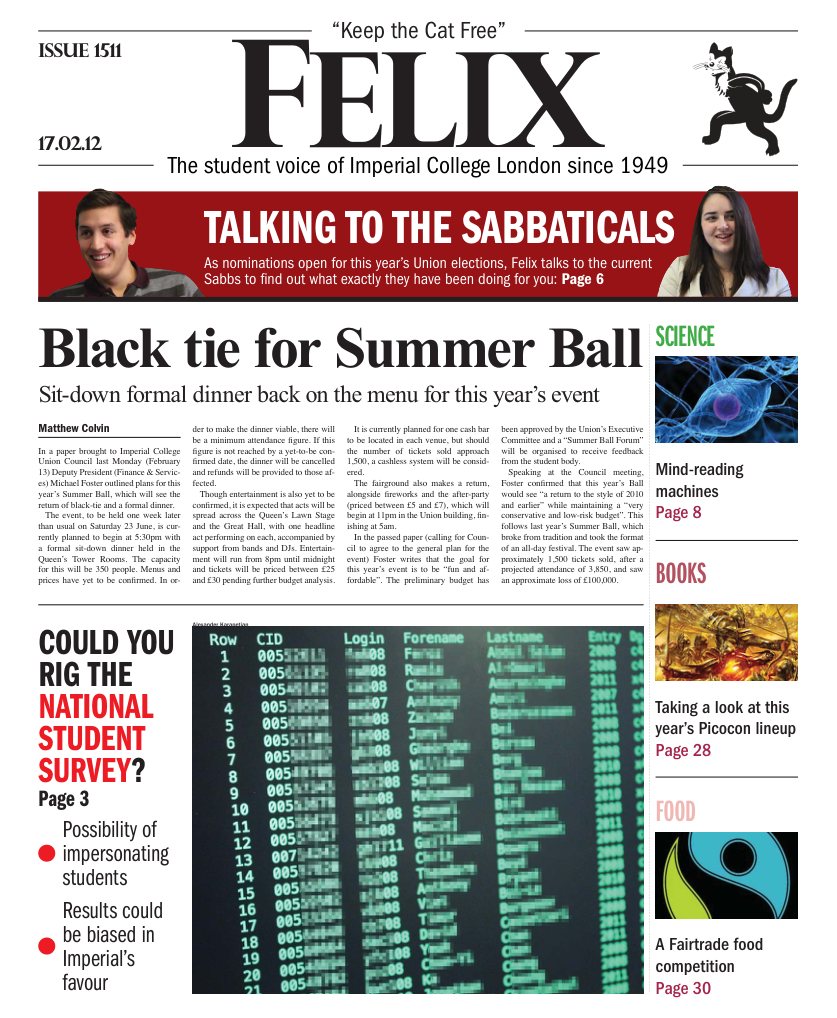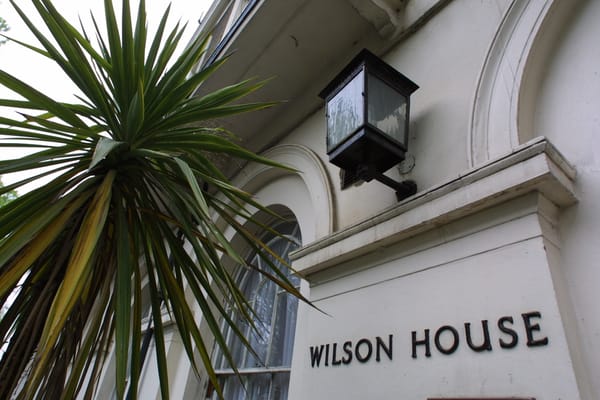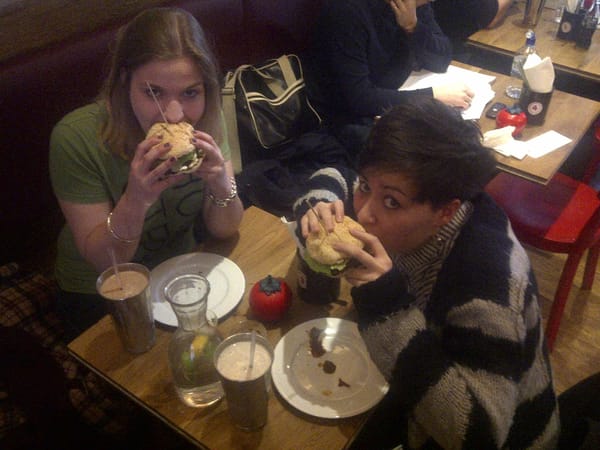New clubs at risk of rejection given another chance
Proposals to determine viability of new ventures include test events
New proposals set out by the Union could mean that some prospective clubs and societies at risk of rejection must hold a test event in order to judge their viability and popularity. The suggested changes aim to ease decisions made by the New Clubs Committee on whether to accept or reject “border-line” applications of clubs whose future success is unclear. However, the proposals are yet to be approved by the Clubs & Societies Board.
The current process for the creation of new Clubs, Societies & Projects involves the interested group filling out a New Club or Project Form available from the Union website and then presenting their application to a committee at a meeting. The committee then decides whether to accept or reject the application. However, often the Committee must make decisions leading to the acceptance of clubs which subsequently become unsuccessful, or the rejection of proposed clubs whose applicants are told to reapply once certain issues have been addressed.
If implemented, the proposals would not change the submission process but allow the committee a third choice rather than accepting or rejecting the application immediately. If they feel the club is viable but would benefit from a test run, they could decide to put it into the New Club Incubator (NCI). The NCI would provide the prospective club with facilities to book a room for a test event, put up posters using the Union logo, create a Facebook group using the Union’s name and provide direct support from the Deputy President (Clubs & Societies) and relevant Union Staff to run the test event. The NCI would also provide support and training to the prospective club founders so that they are in a stronger position if the club is approved.
The test event would be attended by the Deputy President who would provide assistance as well as evaluate its success. Attendees would also be asked to fill in a short feedback form which would ask whether they enjoyed the event, if they would come to similar events again, whether they would join the club and whether they have any suggestions for improvements. After the event, the applicants must update their New Club Form and, currently, resubmit it to the New Clubs Committee for a final decision to be made.
Currently, clubs are often rejected if the prospective club overlaps with existing clubs, the proposed club is not feasible given the resources required, the club has previously existed but was closed due to lack of interest, there are concerns over committee experience, the interest in the club is questionable or if the proposed club does not have enough events to deem it viable.
Recently, an application for a Gender Equality Society was rejected. Monya Zard, Deputy President (Clubs & Societies), told the applicants that the committee “felt there was not enough ‘substance’ to be a club.” She added, “The social aspect seemed rather minor and for the activities you want to run, such as attending conferences, running campaigns and raising awareness it would be better to use the recently developed Campaign system in conjunction with both the Gender Equality Officer and Deputy President (Welfare).”
Rejected applicants can reapply as many times as they like, or appeal the decision to the Clubs & Societies Board but should this be unsuccessful, they cannot reapply to further New Clubs Committees.
Comment: Evidence for sexism in the Union?







